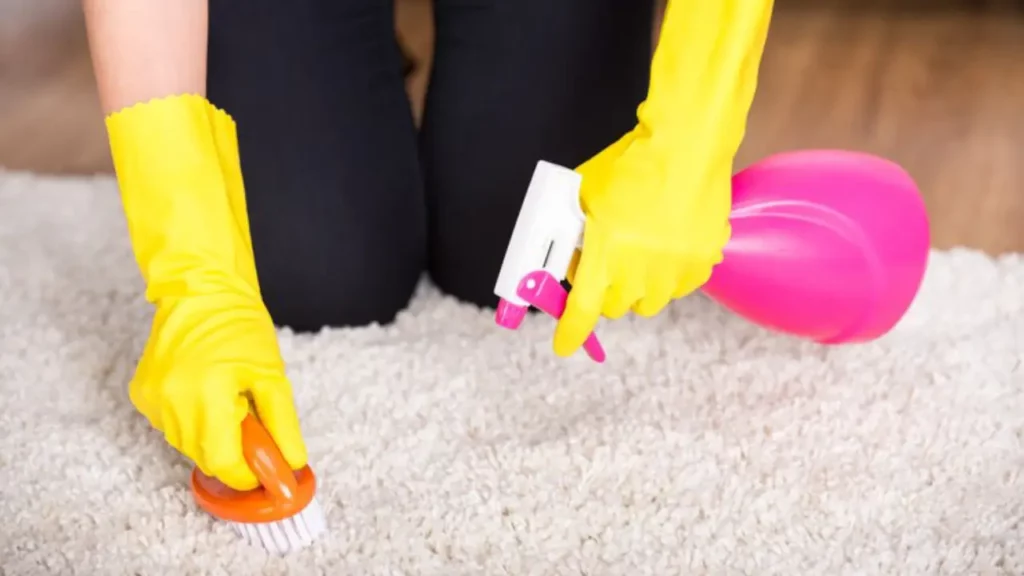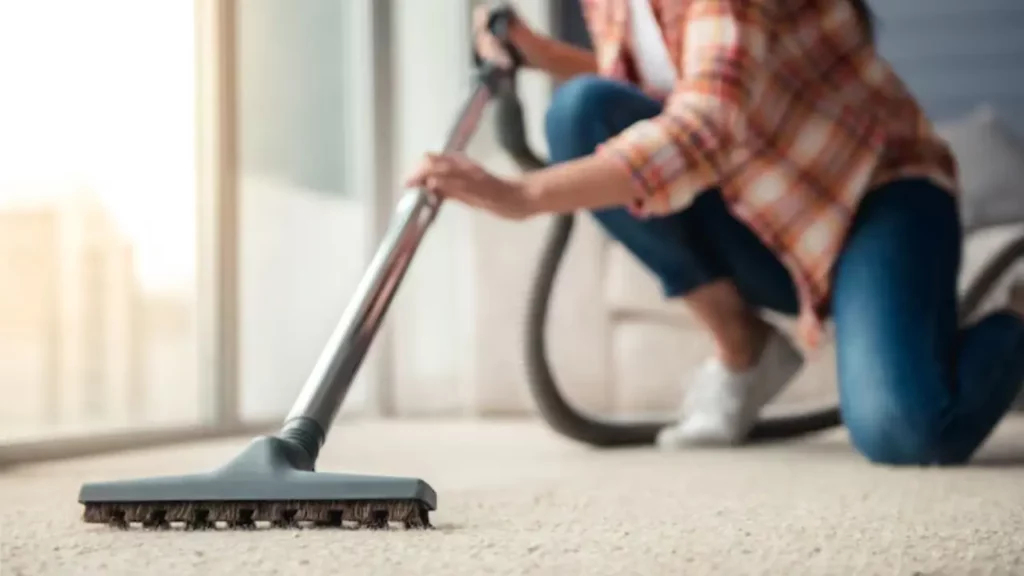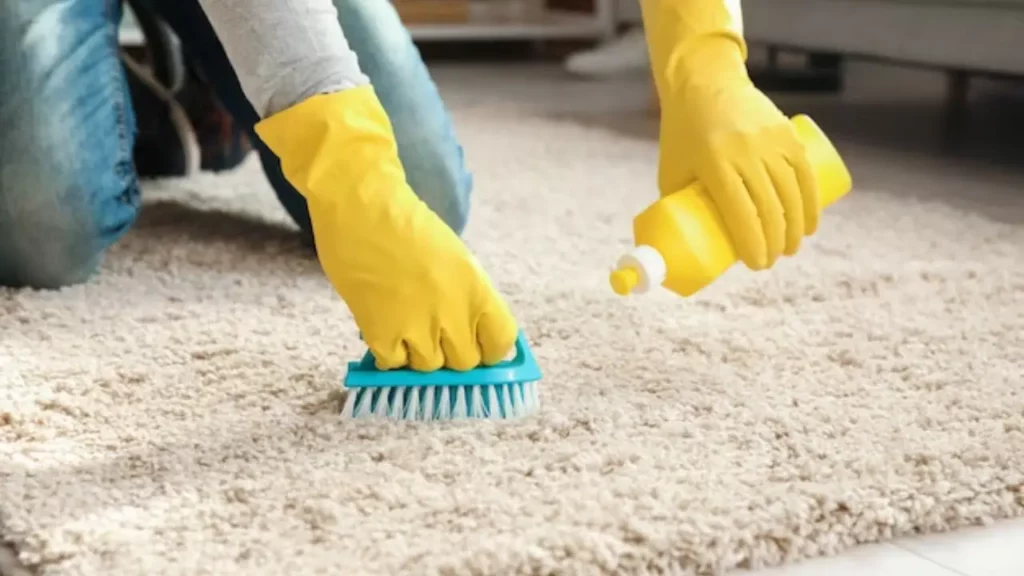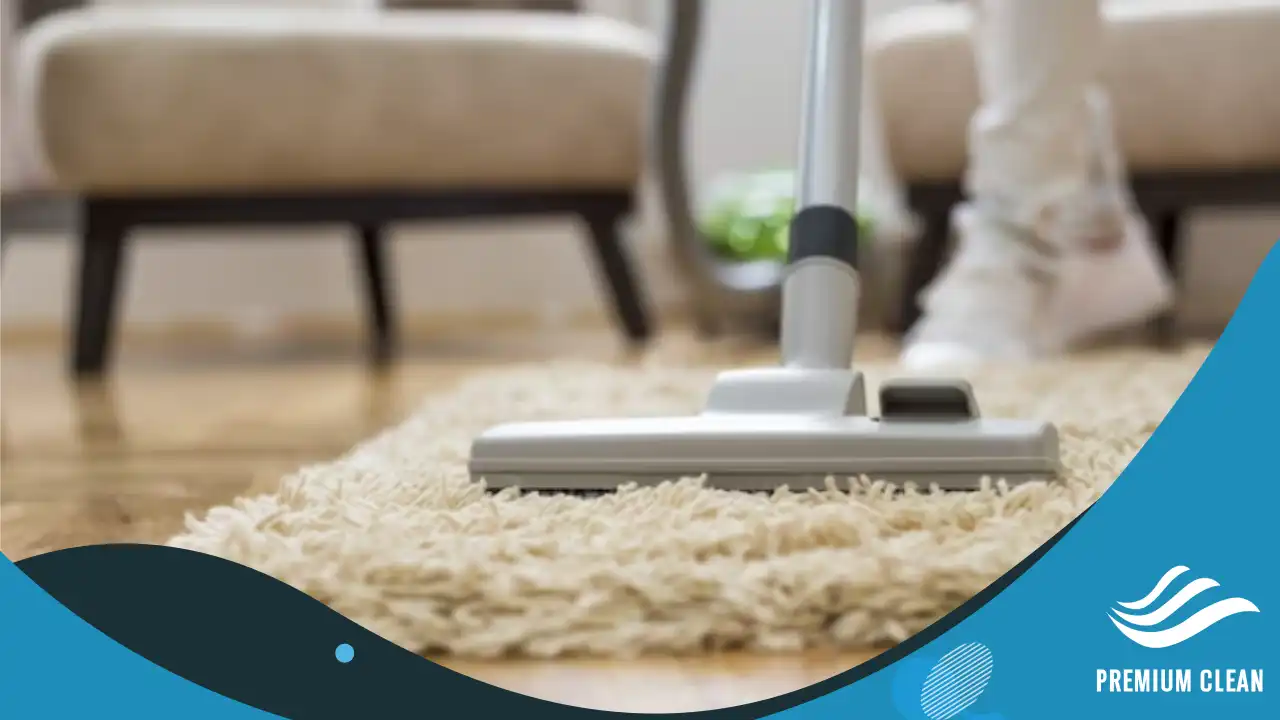When it comes to the world of renting properties, one of the common areas of contention between landlords and tenants is the issue of carpet cleaning fees. Whether tenants should bear the cost of cleaning carpets often leads to misunderstandings and disputes. In this article, we will delve into the intricacies of this topic to shed light on the truth behind landlord carpet cleaning fees.

Do Tenants Always Have to Pay for Carpet Cleaning?
Understanding Lease Agreements and Carpet Care Responsibilities
In the realm of tenancy agreements, the responsibility for maintaining the cleanliness of carpets is a point of debate. While some landlords include clauses in the lease agreements that explicitly state the tenant must keep the carpets clean, others leave this aspect open to interpretation.
Debunking Common Myths Around Tenant Responsibilities
There are misconceptions that tenants are always obligated to cover the costs of professional carpet cleaning at the end of their tenancy. However, the reality is that the terms concerning carpet cleaning vary and may only sometimes require the tenant to pay for such services.
Exploring Disputes Over Carpet Cleaning Charges
Disputes often arise when landlords charge tenants for carpet cleaning without valid reasons or when there are disagreements over the condition of the carpet at the end of the tenancy. Understanding the rights and obligations of both parties is crucial in resolving such disputes amicably.
What Does the Tenancy Agreement Say About Carpet Cleaning?
Examining Clauses Related to Carpet Cleaning in Lease Agreements
Tenancy agreements typically outline the responsibilities of both landlords and tenants regarding carpet cleaning. These clauses may specify who is accountable for maintaining the carpets clean and tidy throughout the tenancy period.
Clarifying Responsibilities of Landlords and Tenants in Keeping Carpets Clean
Both parties need to understand their obligations concerning carpet care to prevent disputes over cleaning costs at the end of the lease. Clear communication and adherence to the terms of the agreement are key to avoiding misunderstandings.
Addressing Issues of Professional Cleaning Requirements
Situations where professional cleaning is deemed necessary can lead to disagreements between landlords and tenants. It is important to discuss and document any agreed-upon cleaning requirements to avoid conflicts later on.

Can Landlords Charge Tenants for Carpet Cleaning?
Legal Parameters Around Landlord’s Ability to Charge for Cleaning Services
Landlords may have the right to charge tenants for carpet cleaning under certain conditions as specified by the law. However, these charges must be reasonable and justified based on the actual condition of the carpet at the end of the tenancy.
Understanding Stain and Pet Damage Implications in Carpet Cleaning Charges
Damage caused by stains or pets may increase the cleaning costs charged to tenants. It is essential to differentiate between normal wear and tear and damages that require additional cleaning efforts to prevent disputes over charges.
Exploring Deposit and Security Deductions Related to Carpet Cleaning
Landlords may deduct cleaning costs from the tenant’s security deposit if the carpet requires extensive cleaning beyond normal wear and tear. Understanding the terms related to security deductions is crucial for both parties.
What Constitutes Normal Wear and Tear in Terms of Carpet Cleaning?
Distinguishing Between Normal Wear and Tear vs. Damage Requiring Professional Cleaning
It is essential to differentiate between wear and tear that is considered normal due to regular use and damages that necessitate professional cleaning. Tenants should be aware of their responsibilities in maintaining the carpets in a reasonably clean condition.
Explaining Tenant Responsibilities in Maintaining Clean Carpets During Tenancy
Throughout the tenancy, tenants are expected to clean the carpets regularly to prevent excessive dirt buildup and stains. This proactive approach can help minimize cleaning costs at the end of the lease.
Resolving Disagreements Over Carpet Conditions at the End of Tenancy
In cases where disagreements arise regarding the cleanliness of the carpets at the end of tenancy, communication is key. Tenants and landlords should discuss any concerns and reach a mutually acceptable resolution regarding the condition of the carpet.

How Can Tenants Address Carpet Cleaning Disputes with Landlords?
Negotiating Cleaning Responsibilities and Charges Amicably with the Landlord
Open and honest communication is vital in resolving disputes related to carpet cleaning. Tenants can negotiate with landlords regarding cleaning responsibilities and charges to reach a fair agreement that satisfies both parties.
Seeking Resolution Through Tenancy Tribunals in Carpet Cleaning Disputes
In cases where disagreements cannot be settled directly, tenants can seek mediation through tenancy tribunals or legal channels to address carpet cleaning disputes. These forums can provide an impartial judgment on the matter.
Consulting Professional Carpet Cleaners to Assess Cleaning Needs Independently
If there are disputes over the necessity of professional cleaning, tenants can opt to consult independent professional carpet cleaners to assess the actual cleaning requirements. This unbiased evaluation can offer clarity on the cleaning needs and associated costs.
Last Updated on March 13, 2024

